
Robinhood’s innovative trading model has opened new opportunities for beginner investors and traders. Here’s what it is and how it works.
Robinhood Connect
Since 2021, Robinhood has improved its cryptocurrency offering and launched the opportunity to invest in the industry’s latest innovations.
The new approach introduces Robinhood customers to the world of Web3 to keep up with the financial market trends of decentralized finance (DeFi). In April 2023, the trading app launched "Robinhood Connect," a fiat-to-crypto on-ramp featuring support for decentralized applications (DApps) and self-custody wallets.
The service allows users to acquire “true ownership” of their assets by buying and transferring cryptocurrency directly to their self-custody wallets without the need to leave the DApp or be in their Robinhood Crypto accounts.
Some other features are also added, including a crypto home tab, price alerts and advanced charts to help users apply technical analysis, manage their portfolio better, track crypto prices and place stop and limit orders. Robinhood Connect allows customers to trade the same cryptocurrencies already supported by Robinhood Crypto, and they can be transferred easily between the two platforms, only requiring a network fee.
Some limits apply to the offering, including the ability to send up to $5,000 worth of crypto or make up to a total of 10 transfers a day. Users can purchase up to $1,000 per business day with a debit card; the same amount and time limit applies to instant funds in a bank account.
Advantages and disadvantages of using Robinhood
While it’s true that Robinhood has democratized investing, its business model still raises eyebrows because its approach is perceived as gambling.
Here are some of the benefits and disadvantages for users to consider when embarking on the Robinhood trading experience.
Advantages
- Commission-free trades: Robinhood eliminates the cost barrier traditionally associated with trading and investing. Such a feature is particularly attractive for frequent traders or those with limited investment capital.
- IRAs with 1% match: Robinhood is the first company to have launched non-employer-funded individual retirement accounts (IRAs), which it did in December of 2022 with a 1% match on pension contributions.
- Intuitive interface: Robinhood provides a sleek and simple mobile app interface that is easy to navigate for non-tech-savvy investors and beginners too, although some may argue that it could also be a disadvantage since it has made complex strategies like options trading too easy for inexperienced investors who could easily make risky trades and lose money.
- Access to cryptocurrency trading: Robinhood was one of the first brokers to introduce free crypto trading, although it is still not possible to include cryptocurrency investments in Robinhood IRAs.
- Fractional shares: Robinhood allows users to buy fractional shares of stocks and ETFs, which means users can invest in their favorite stocks with smaller amounts of money. This feature enables broader market access and diversification, even for investors with limited funds.
Disadvantages
- Limited investment education: Its research and analysis tools are relatively limited compared to other brokerage platforms, making it unattractive to experienced traders who rely on in-depth market data to support their investment decisions.
- Lack of investment options: Mutual funds or bonds should be included in Robinhood services if it wants to remain competitive and offer the opportunity to build a diversified investment portfolio.
- Limited customer support: This weakness has caused Robinhood to receive a lot of criticism for reports of delayed responses and difficulties in reaching customer service representatives. Although efforts have been made to improve customer service, this remains an area where Robinhood still has room for improvement.
- Technical Issues: Untimely outages and trade restrictions during market volatility have been another cause for concern among Robinhood users and regulators who have applied fines to the company for misleading customers.
How Robinhood makes money
Robinhood’s business model sustains itself with multiple revenue streams, mainly through a practice known as payment for order flow.
Order flow
Order flow is a compensation structure widely used by Robinhood and other similar brokerages to process retail stocks, ETFs, options and crypto trades.
This is how it works: When customers place trades on the platform, their orders are routed to market makers or trading firms for execution and to make an order flow. These firms pay Robinhood fees for the opportunity to execute their trades and potentially profit from the bid-ask spread and other trading strategies.
While this practice allows Robinhood to offer zero-commission trades to its users, its order flow model has faced regulatory scrutiny and controversy due to concerns about potential conflicts of interest and the quality of trade execution.
Interest on cash balances
When customers hold uninvested cash in their Robinhood balance, Robinhood directs such funds to pools and earns interest on them. The platform shares a portion of this interest revenue with its users, typically through a "Robinhood Cash Management" program that users must opt in to to earn a small percentage of interest on their uninvested cash balances.
The cash can be accessed with a Robinhood debit card. The company moves customers’ uninvested money into FDIC-insured partner banks that then pay Robinhood a fee, including a small share of the interchange fees from the debit card transactions.
Premium accounts
While the basic trading services are commission-free, premium account subscriptions allow
investors to access various premium-tier tools. The subscription is called Robinhood Gold, and it provides additional features and benefits to users who pay a monthly fee. Such advantages include more significant instant deposit amounts, access to Level II market data provided by NASDAQ, professional research information from Morningstar and margin trading.
Robinhood API fees
Robinhood allows developers and companies to access application programming interfaces (APIs) that they can integrate with their platform. Robinhood earns revenue from these partnerships and integrations by charging API access fees.
Securities trading
Robinhood launched a lending program that entitles its customers to earn money on stocks. Users who opt for this solution allow the trading app to lend their shares to financial institutions that use such funds for different purposes, including covering deficits, facilitating trade settlements and executing short sales. Borrowers pay Robinhood interest on the loan they received, and a portion of that revenue is passed on to Robinhood users.
How safe it is to use Robinhood
Although the number of customers has declined since 2021 at the peak of its popularity, some 22 million users are still actively using Robinhood.
How can an application allow so many users to invest quickly, be commission-free and be safe at the same time? Is Robinhood secure to use? As a financial services provider, Robinhood operates under strict regulations set forth by U.S. finance laws, being registered with the Financial Industry Regulatory Authority (Finra) and the Securities & Exchange Commission (SEC).
Finra is an official body authorized by the federal government that regulates investment brokers and evaluates their compliance with set standards, promoting transparency and investment education. The SEC is a government agency that regulates the securities markets in the U.S. to protect investors from fraud and abuse. It requires brokers to operate transparently and comply with business restrictions, such as prohibiting insider trading and applying fair prices and fees.
Despite constant monitoring and registration with the relevant official bodies, Robinhood incurred a fine of $70 million in 2021 for providing false and misleading information that caused investors to engage in risky trades and suffer significant losses that could have been avoided.
Another challenge Robinhood investors face is the lack of suitable investment platform management tools, which leads to impractical activity instead of helping users avoid risky investment strategies. For instance, the app setup doesn’t allow users to manage their portfolio diversification easily, and it may be an issue for a platform that enables stocks, ETFs, options and cryptocurrency trading.
On the other hand, Robinhood offers sufficient Securities Investor Protection Corporation (SIPC) coverage, protecting its members’ customers up to $500,000 for securities (and $250,000 for claims for cash).
How does Robinhood work?
Robinhood is designed to enable easy access to trading and investing, making its full online discount brokerage service and processes approachable to all kinds of investors.
The easy-to-navigate trading app makes Robinhood suitable for beginners, too. The highly convenient costs favor not only beginners but also young investors who start approaching the stock and crypto markets. Furthermore, the fintech company allows users to buy fractional shares, which means they can buy a small fraction of a stock or exchange-traded fund (ETF) share and not the whole stake, which favors retail investors who cannot invest large amounts of money.
Robinhood is a United States-based service accessible only through the mobile app or web platform to U.S. customers. The service requires users to be 18 years or older, have a valid Social Security number, have a legal U.S. residential address, and be a citizen or permanent resident of the United States or hold a valid U.S. visa.
Once users have planned their own trading and investing strategy, they simply need to sign up for the platform, which requires some basic personal information and no minimum deposit to open an account.

After an application is submitted, reviewed and approved, users can start funding their balances by linking their bank accounts.

Robinhood has partnered with the National Association of Securities Dealers Automated Quotations (NASDAQ) to provide users with real-time prices and market data to make the most informed investment decisions.
To place an order, customers choose the asset they want to trade among stocks, ETFs, options and crypto, using dollars or another asset and selecting the type of order they want to place.

To sell an asset, the process is similar to buying. Users click “sell” on the asset’s detail page and choose whether they want to exchange the asset for dollars or another asset.
How much money is needed to start Robinhood?
The Robinhood business model is flexible to accommodate any type of investor, from large corporations to retail users who can open an account with as little as $1.
Robinhood’s breakthrough allowed retail investors to participate in the financial and trading markets because they could start using the platform with no minimum balance required and buy fractional shares instead of whole shares.
Understanding the Robinhood trading model
Robinhood is an online financial technology broker that introduced a new trading model to allow individuals to start investing easily and efficiently with little money.
Robinhood’s fortune started with the Covid-19 pandemic when quarantines and lockdowns encouraged millions to look at investing from home and start trading different types of assets, including stocks, ETFs, options and cryptocurrency. During the pandemic, Robinhood Markets’ annual revenue for 2020 grew to $958 million, a 245.18% increase from 2019.
Robinhood Markets Inc. is a financial services company founded in 2013 by entrepreneurs Vladimir Tenev and Baiju Bhatt to change the trading and investment game through a commission-free investing platform for ordinary investors who could open an account with no minimum balance. Such a new trading and investment model has since been adopted by many other stock and crypto brokers and boosted opportunities for retail traders and the younger tech-savvy population.
With its user-friendly interface, the Robinhood trading app simplified the investment process and eliminated many barriers to entry typical of more traditional brokerage firms.
The platform rose in popularity from the "meme stock" phenomenon in early 2021 during the GameStop short squeeze, when a group of retail investors coordinated large-scale buying activity on Reddit’s r/WallStreetBets forum.
While the value of the GameStop stock was expected to plummet due to its business model being perceived as outdated and having been on a downtrend for a long time, the coordinated buying activity — recognized as “herding behavior” in trading markets — drove up the price instead and caused significant disruption in the market.

You can get bonuses upto $100 FREE BONUS when you:
💰 Install these recommended apps:
💲 SocialGood - 100% Crypto Back on Everyday Shopping
💲 xPortal - The DeFi For The Next Billion
💲 CryptoTab Browser - Lightweight, fast, and ready to mine!
💰 Register on these recommended exchanges:
🟡 Binance🟡 Bitfinex🟡 Bitmart🟡 Bittrex🟡 Bitget
🟡 CoinEx🟡 Crypto.com🟡 Gate.io🟡 Huobi🟡 Kucoin.


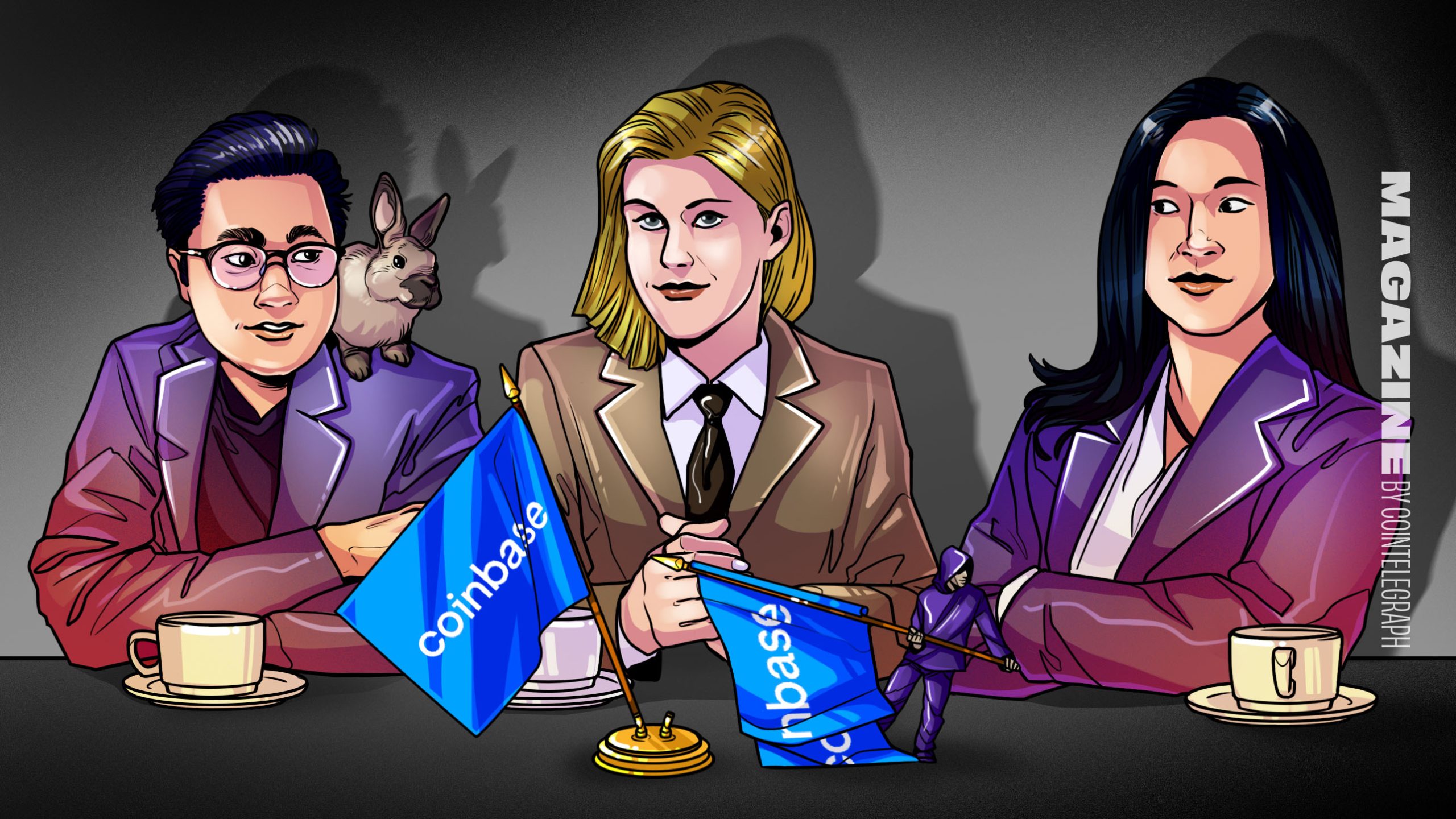
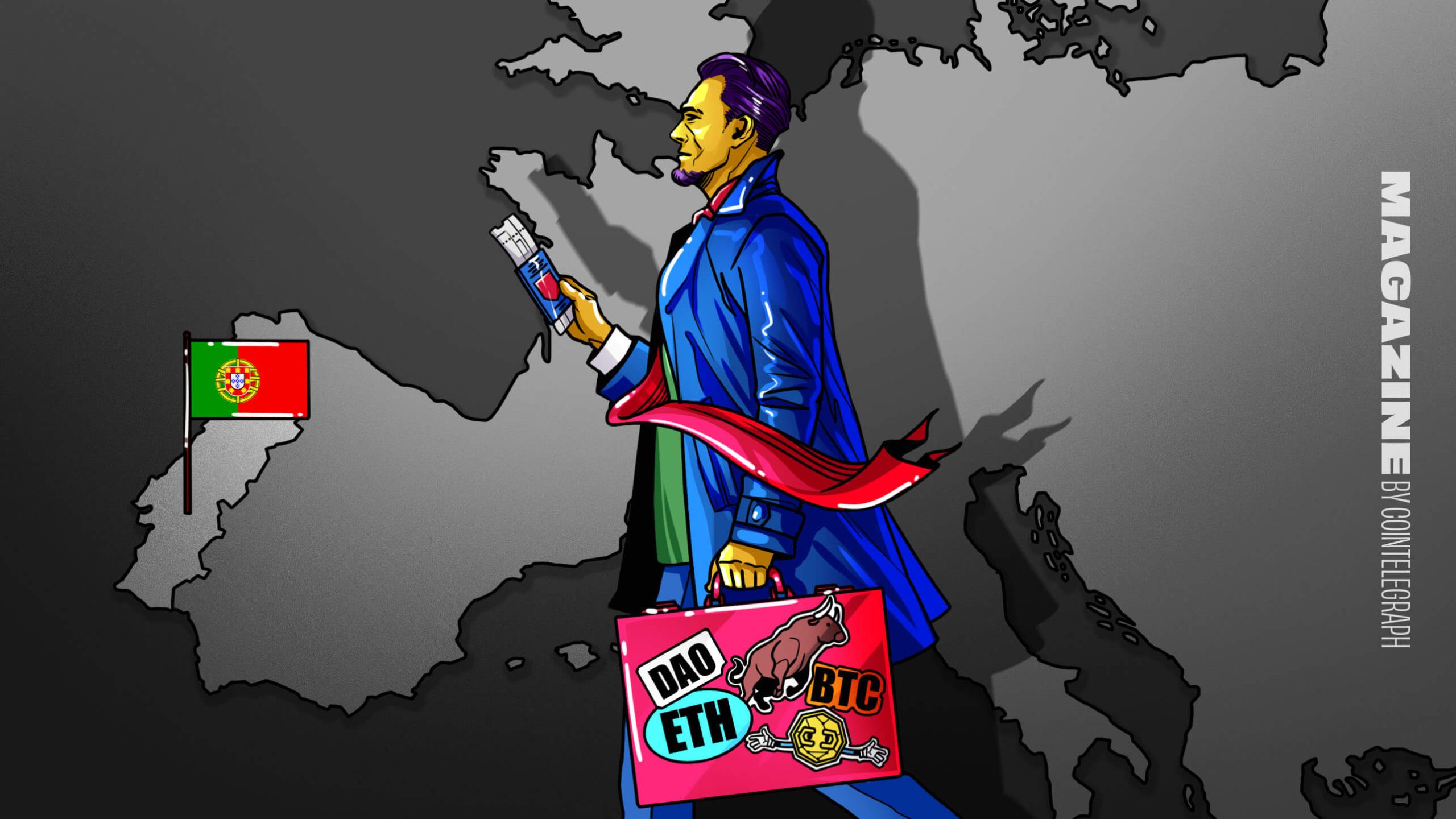




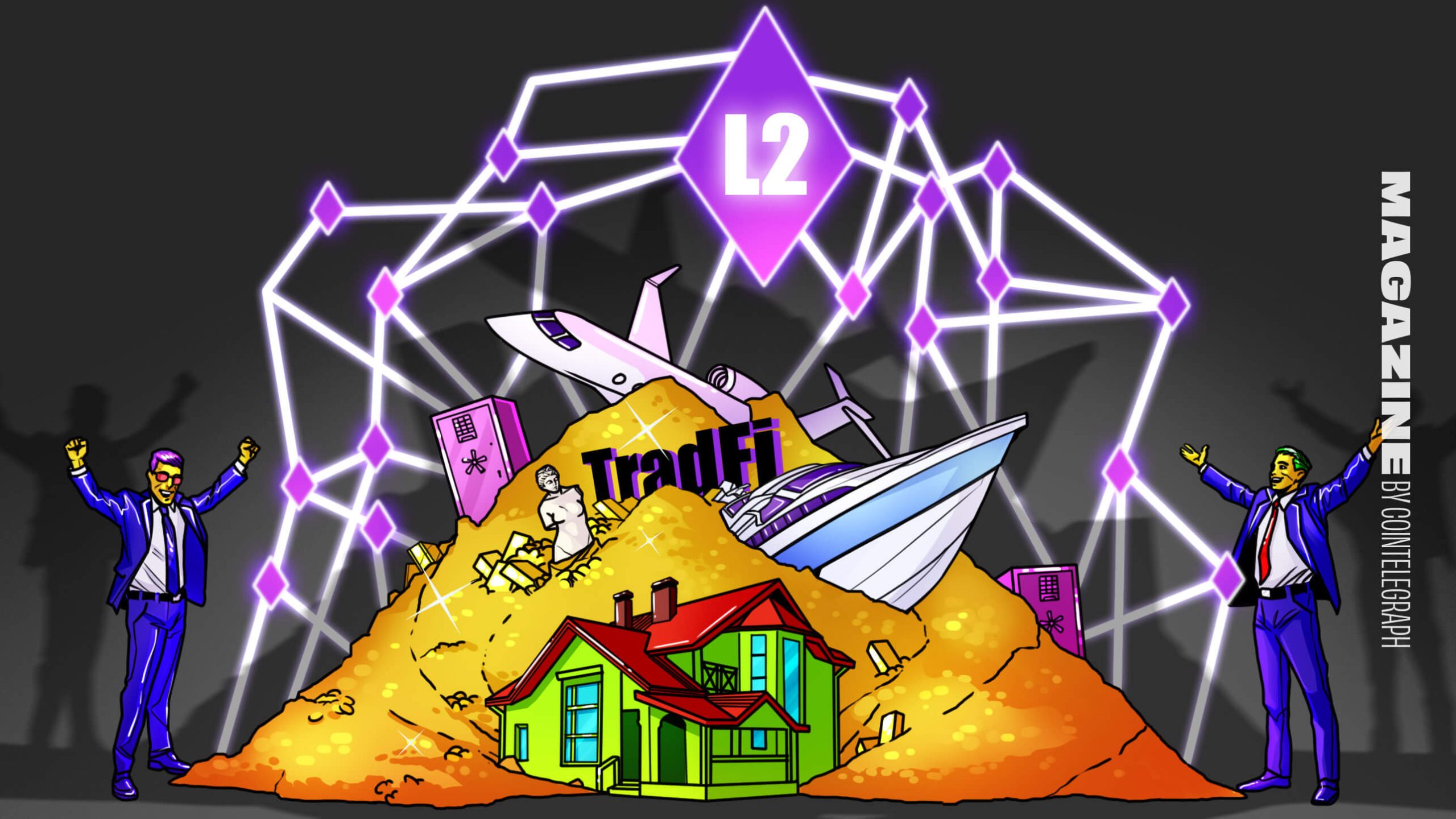

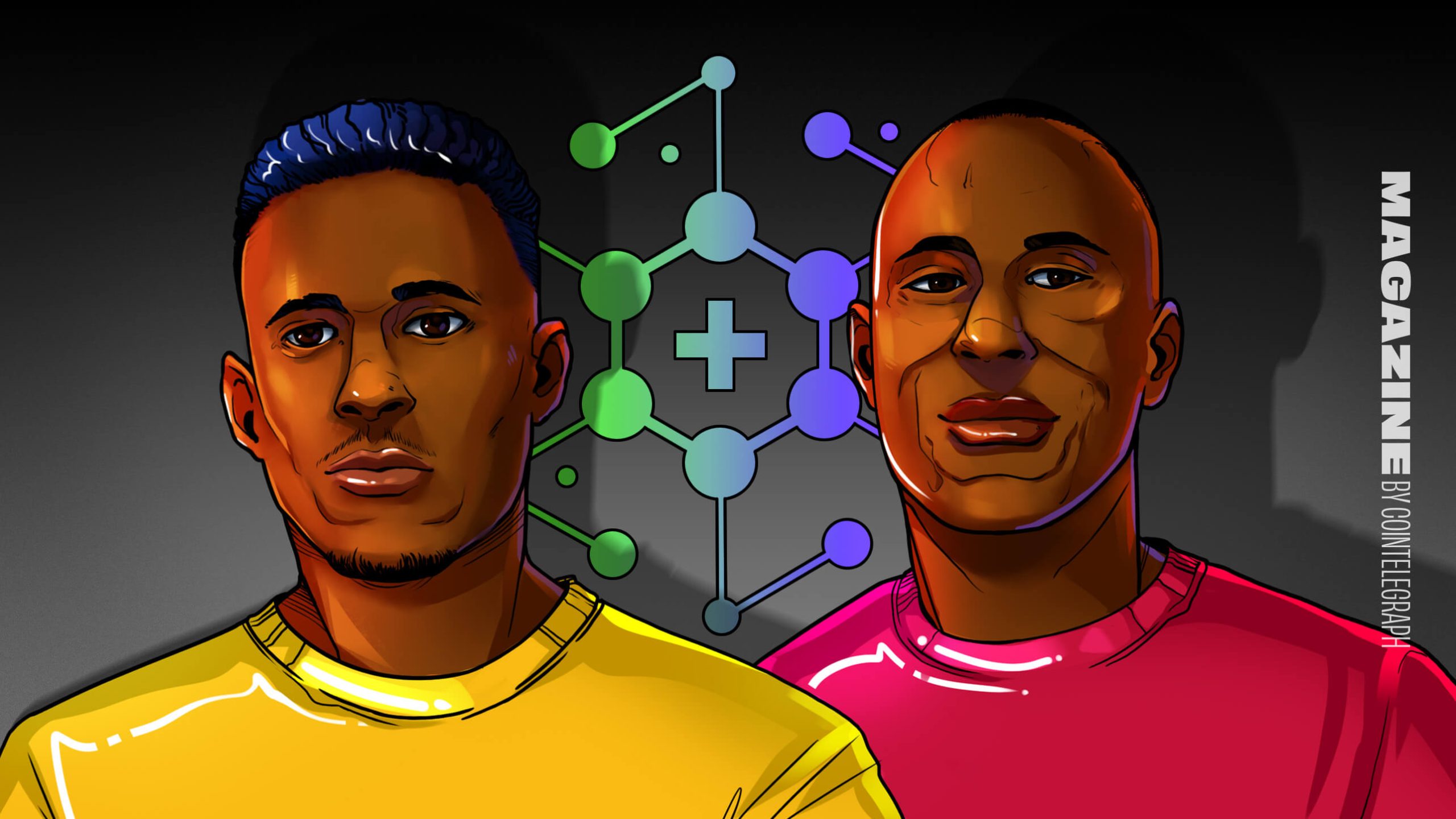


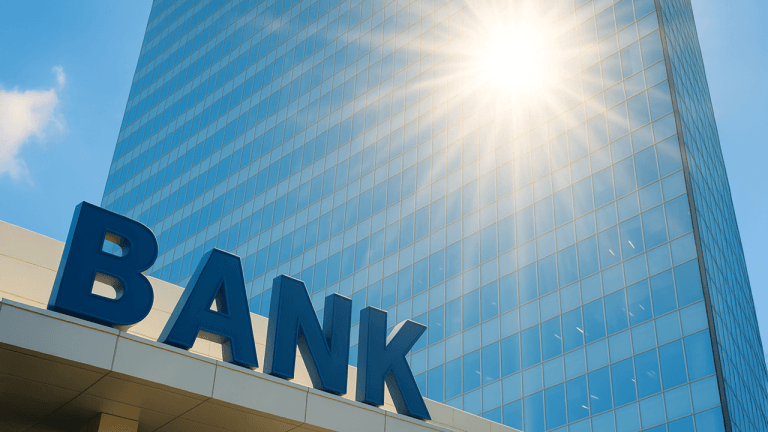

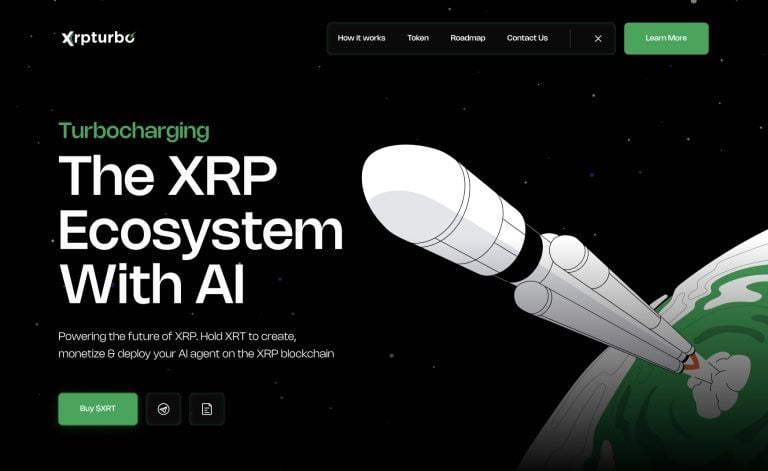
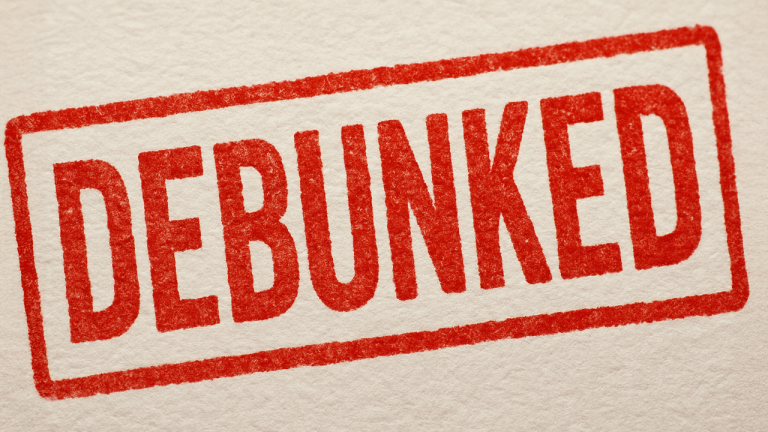

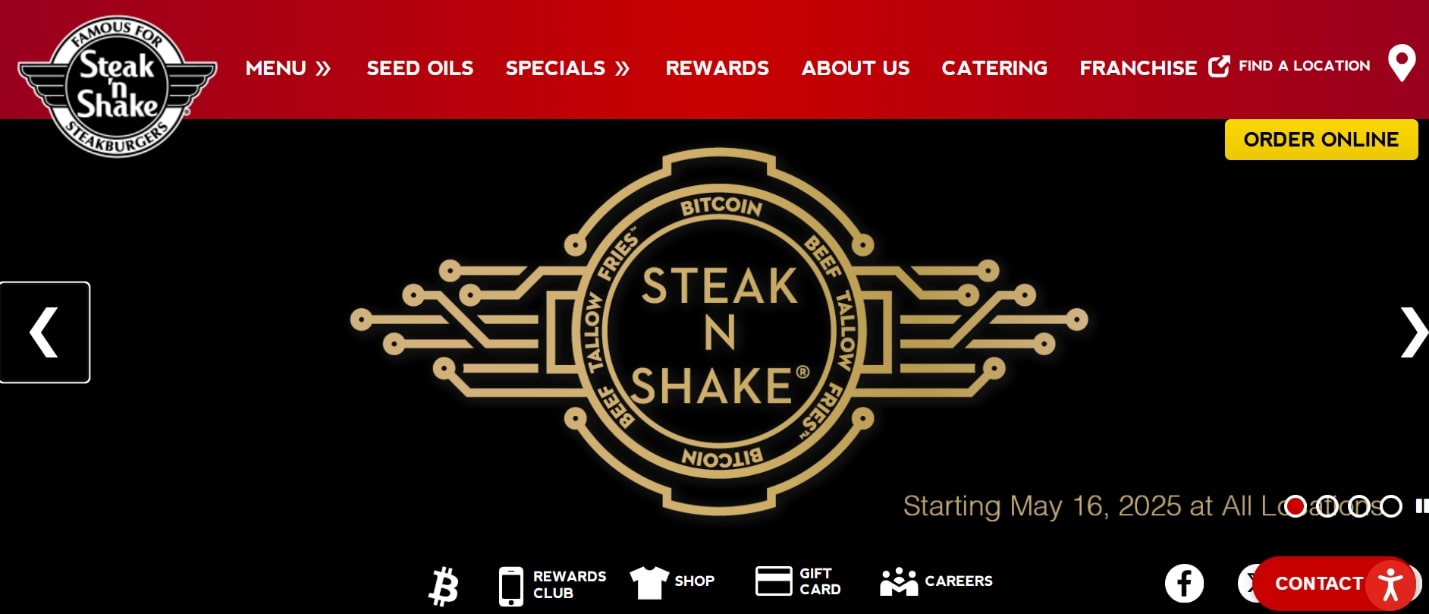

Comments